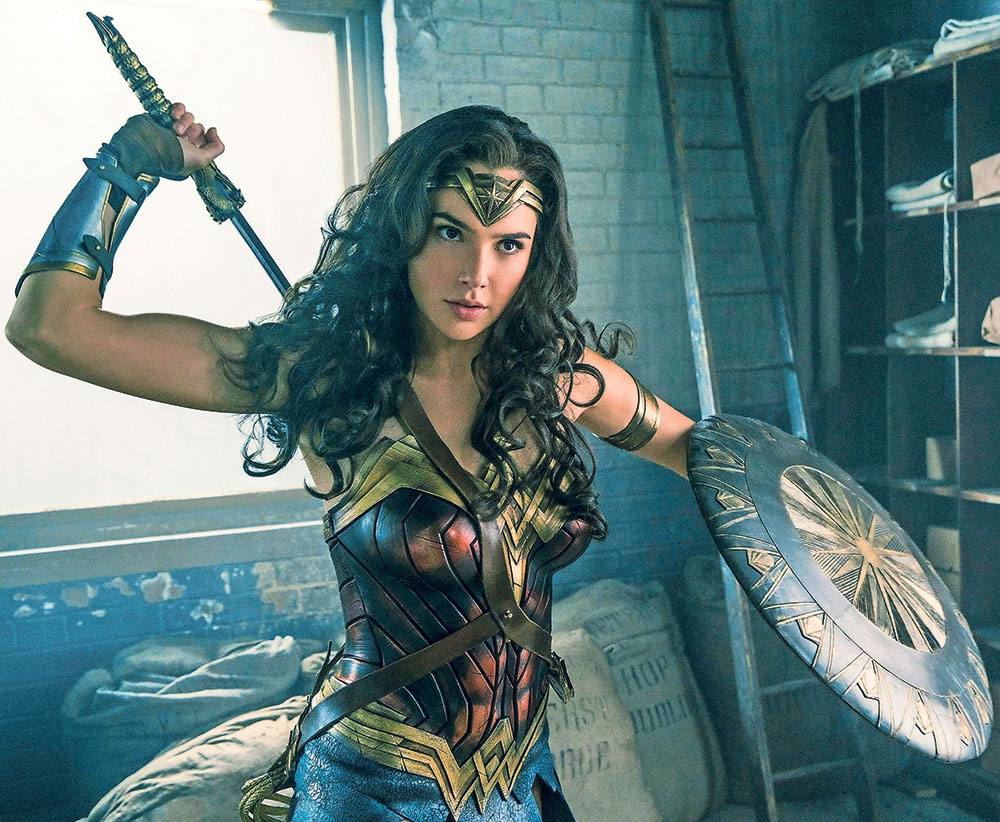Serfs: Hunter-gatherers such as the San had a low status in Nguni and Sotho-Tswana societies
Blacks subjugated Khoesan
Keith Gottschalk (Letters, June 15) is quite right, in his rejoinder to a previous writer, to remind readers that there is overwhelming evidence pointing to the extermination (bordering on genocide) of the San and Khoe that was conducted by the Dutch East India Company (VOC) and Boer troops, and concomitantly that Nguni speakers in the main assimilated many of these groups into their various societies without discrimination.
But the issue is not so clear-cut when it comes to broadly dismissing the argument that the displacement of the Khoesan and their general demise cannot in any way be attributed to black African agency.
Though relations in frontier zones were generally open to negotiation, as more and more Nguni agropastoralists occupied these frontiers, they drove natural animals into more remote regions, thereby forcing hunter-gatherer groups to move away from previously occupied regions to less favourable margins such as the southern Kalahari and the lower Drakensberg.
Furthermore, there is a significant body of literature (comprising many African scholars) illustrating that the Khoesan were incorporated into Nguni and Sotho-Tswana societies, not as equals but as clients with a defined lower status. This was especially the case in the southern Kalahari regions where Tswana chiefdoms such as the BaKwena and BaNgwaketse, through the emergence of forms of what can be called serfdom (clientship and botlanka) pauperised the San or BaKgalagadi and in most cases reduced them to perpetual bondage and servitude, much in the way that women were permanently subordinated by legal circumscriptions that denied them rights of inheritance and so on.
Today this discrimination is reflected historically in the way that Botswana’s Basarwa find themselves economically and politically marginalised in the land of their birth. Surviving San oral traditions also describe their displacement from the fertile regions in today’s northern Cape, such as around the Vaal-Harts confluence, by Batlhaping and Batlharo Setswana-speakers.
These forms of servitude and circumscription imposed on the San by Africans were not nearly in the same league as those of the slavery practised in the colonial Cape or the random extermination of the Cape San. Nor did they bind the San into perpetual impoverishment. But they do account in part for the general decline and impoverishment of a once-stable people.
In our rush to absolve ourselves of any taint of a “colonial” mentality or white bias, let us not adopt an equally myopic and romanticised view of African societies by falling into the “Merrie Africa” syndrome. Without necessarily attributing such an imputation to Gottschalk, I do believe that these issues need raising and acknowledgment before they are drowned out in an ever-loudening chorus of political correctness regarding the legacies of the past. – Andy Manson, Eastern Cape
Joffe ensured M&G survived apartheid
It is understandable that the author of your Joel Joffe obituary (The lawyer who helped put the apartheid regime on trial) might not be aware of the role this extraordinary man played in the survival of the Mail & Guardian during its toughest days. It would be an oversight, though, if nobody at the paper remembered or acknowledged what he did.
Joffe helped to fund and fundraise for the newspaper when it was known as The Weekly Mail and it was facing closure by the apartheid government in the late 1980s. During the transition, when most of the alternative newspapers of the apartheid era were closing because of lack of funds, Joffe backed The Weekly Mail in its bid to survive. This included the launch of a daily newspaper and, when this failed, ensuring the long-term financial viability of the weekly.
He was generous with both his money and his time, flying out from Britain to chair the board and steer us through rough waters. He administered the toughest love, which was what we needed – and which accounts for it being the only one of that group of anti-apartheid newspapers to survive into the new era.
The newspaper, its current trustees, its readers and all those who value the role it plays in this country owe him a big thank you for his leadership, generosity and care. – Anton Harber, founding co-editor, M&G
Your film reviewer skews Wonder Woman
Clearly, Louise Ferreira needs urgent instruction into the true meaning of Zionism (The politics of Wonder Woman). Zionism is the fulfilment of the aspiration of Jews to have a homeland of their own in the same way as every other nation on the planet.
Because American-Palestinian writer and anti-Israel activist Susan Abulhawa described Gal Gadot, the Israeli star of Wonder Woman, as an “avowed Zionist and cheerleader of war crimes”, does not validate Ferreira’s skewed observation. An examination of statements on Wikipedia by Abulhawa reveals a collection of lies, distortions and misinformation.
An example is Israel’s so-called massacre in the Palestinian city of Jenin, in which more than 500 civilians were claimed to have been killed by Israeli forces. A United Nations on-site investigation revealed that the total number of Palestinian deaths was 54, of which most were Hamas fighters. Palestinian negotiator Saeb Erekat later admitted this.
Ferreira castigates Gadot for having served in the Israeli Defence Force during Israel’s invasion of southern Lebanon. Israel engaged in this action (which cost it 200 killed and more than 4 000 injured) in response to the rocket bombardment by Hezbollah of northern Israeli border towns.
Israel’s response in Gaza in 2014 was for comparable reasons: the firing of more than 8 000 rockets at Israeli civilian populations. The figure of 2 000 deaths suffered by Gazans included many hundreds of Hamas militants and not, as claimed by Ferreira, only civilians behind whom they hid. – Victor Gordon, Pretoria
